The fourth industrial revolution – the application of artificial intelligence, machine learning and big data – will fundamentally challenge and change the nature of work in the 21st century. University of Lincoln research is at the forefront of understanding and shaping our response to Industry 4.0, to ensure that society benefits from technological advances.
Areas of focus include the future of farming, agri-food technology, and the implications of digitalisation for food security; robotic hardware, and software and their application in healthcare settings. Our researchers are also leading developments in autonomous systems and digital heritage.
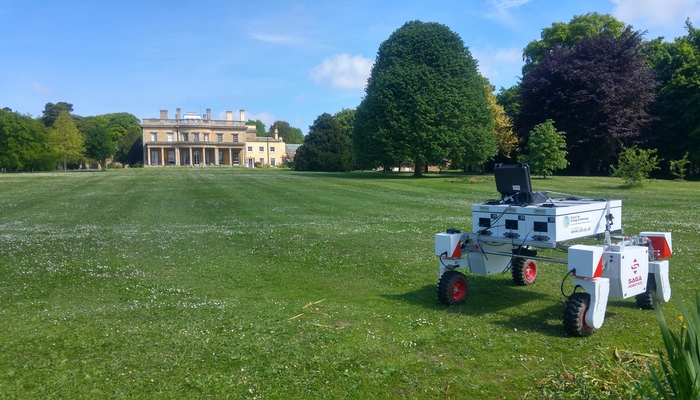
Lincoln Institute for Agri-Food Technology
The Lincoln Institute for Agri-Food Technology (LIAT) is a specialist research institute that aims to support and enhance productivity, efficiency, and sustainability in food and farming.
Researchers are engaged in the development of technologies which add value or solve challenges across the food chain. One of the Institute’s core aims is to connect academic expertise with partners in industry to pursue world class research and address real-world challenges, advancing state-of-the-art agri-food technology and improving the bottom line for businesses.
National Centre for Food Manufacturing
The National Centre for Food Manufacturing is committed to helping the food sector innovate, working with employers and partners to support the food sector's growth and meet the challenges of the future.
Core research areas include robotics and automation, food safety and microbiology, advanced food processing technologies, and food supply chain development, reflecting the priorities of the food manufacturing sector.
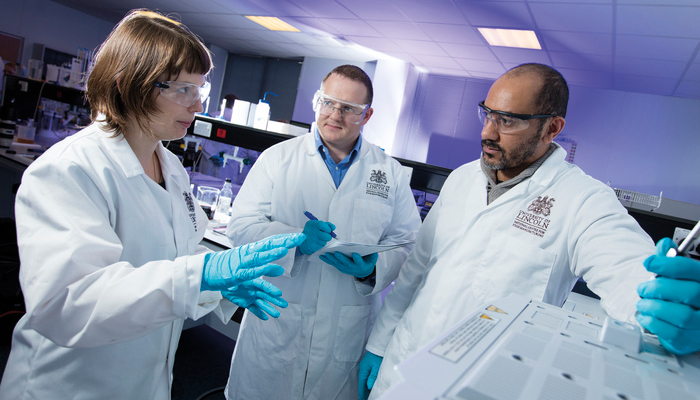
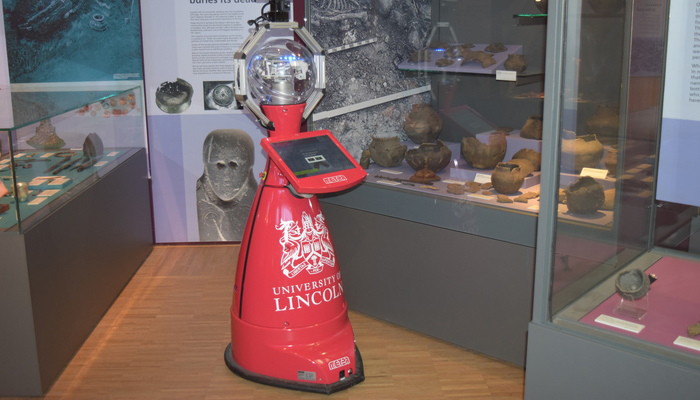
Lincoln Centre for Autonomous Systems Research (L-CAS)
The Lincoln Centre for Autonomous Systems Research specialises in technologies for perception, learning, decision-making, control, and interaction in autonomous systems, especially mobile robots and robotic manipulators.
Areas of application include agri-food, healthcare, intelligent transportation, logistics, nuclear robotics, service robotics, and space robotics.
Charlotte Scott Research Centre for Algebra
Charlotte Scott Research Centre for Algebra examines algebraic theory and aims to contribute to our growing understanding of this mathematical field.
Algebraists in Lincoln conduct research on finite and infinite groups and their automorphisms, Lie algebras, profinite and locally finite groups, topological groups, permutation groups, polynomial algebra, and algebraic number theory.
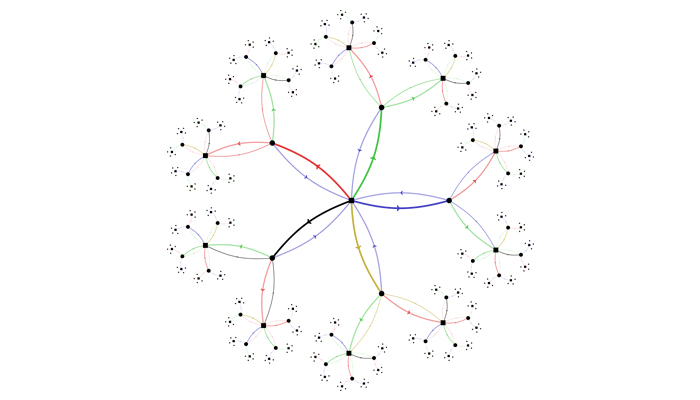
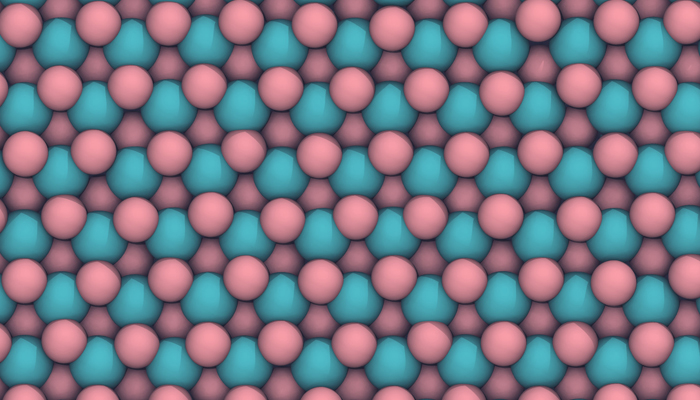
Research Centre for Computational Physics
The Research Centre for Computational Physics undertakes research encompassing computational and theoretical physics as well as applied mathematics of nano-structured soft matter, solid/soft matter interface, molecular biophysics, and biologically inspired systems.
Heritage Archives Network
The Heritage and Archives Network at the University of Lincoln is a forum for those teaching, researching, or working in archives and the heritage sector more broadly. The network shares information, debates contemporary issues, and explores answers to big questions.
By working collaboratively, the network aims to amplify the impact of archive and heritage-related projects, promote the development of archival collections within the University and beyond, and raise their profile for research and teaching.

Related Research Institutes, Centres, and Groups
Charlotte Scott Research Centre for Alegbra
Collaboration Laboratory (co_Lab)
High Performance Computing for Science, Technology and Environmental Research (HiPSTER)
Interactive Technologies Laboratory (intLab)
Laboratory of Vision Engineering (LOVE)
Machine Learning Group (Mlearn)
Medical Instrumentation Centre
National Centre for Food Manufacturing (NCFM)





